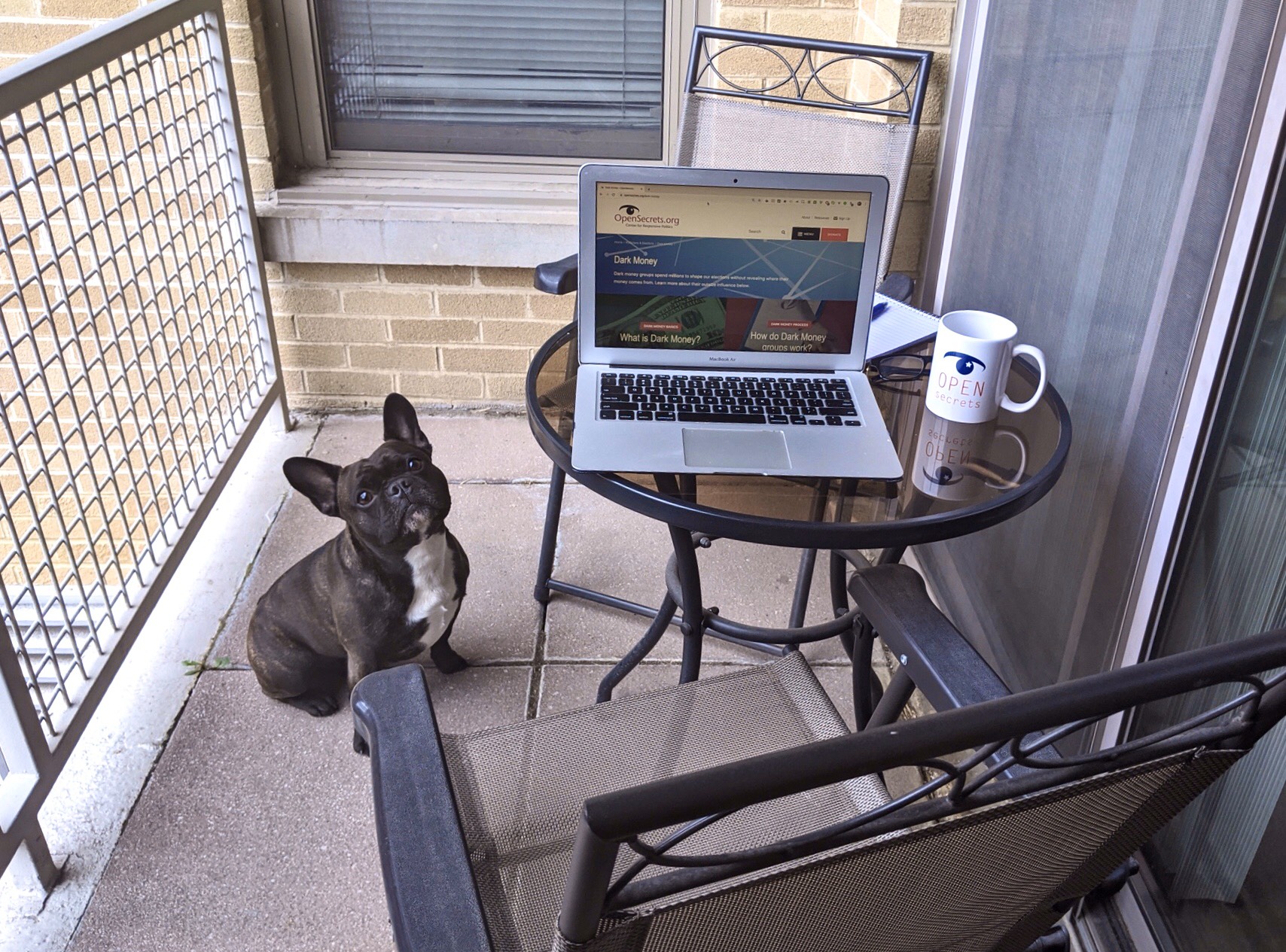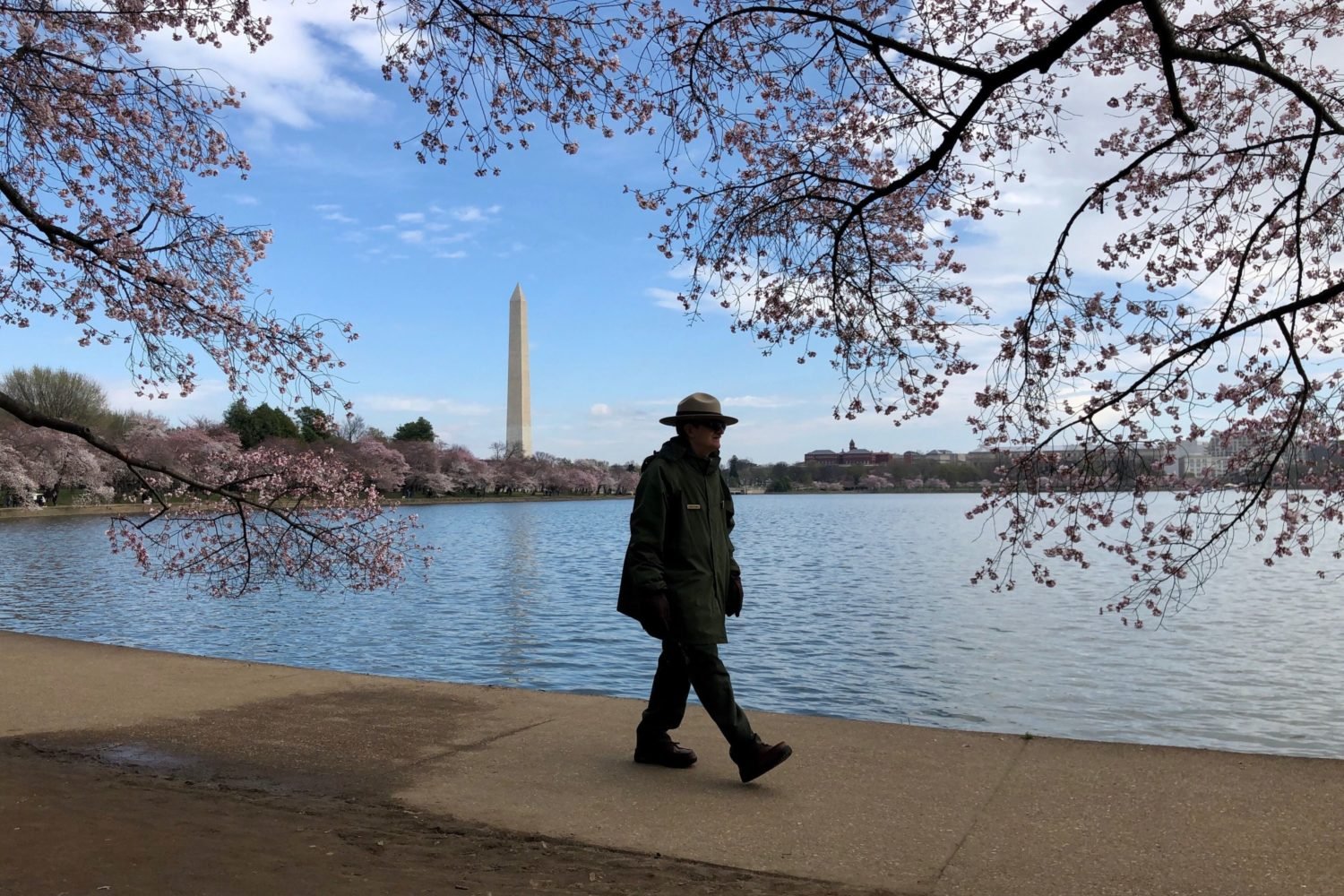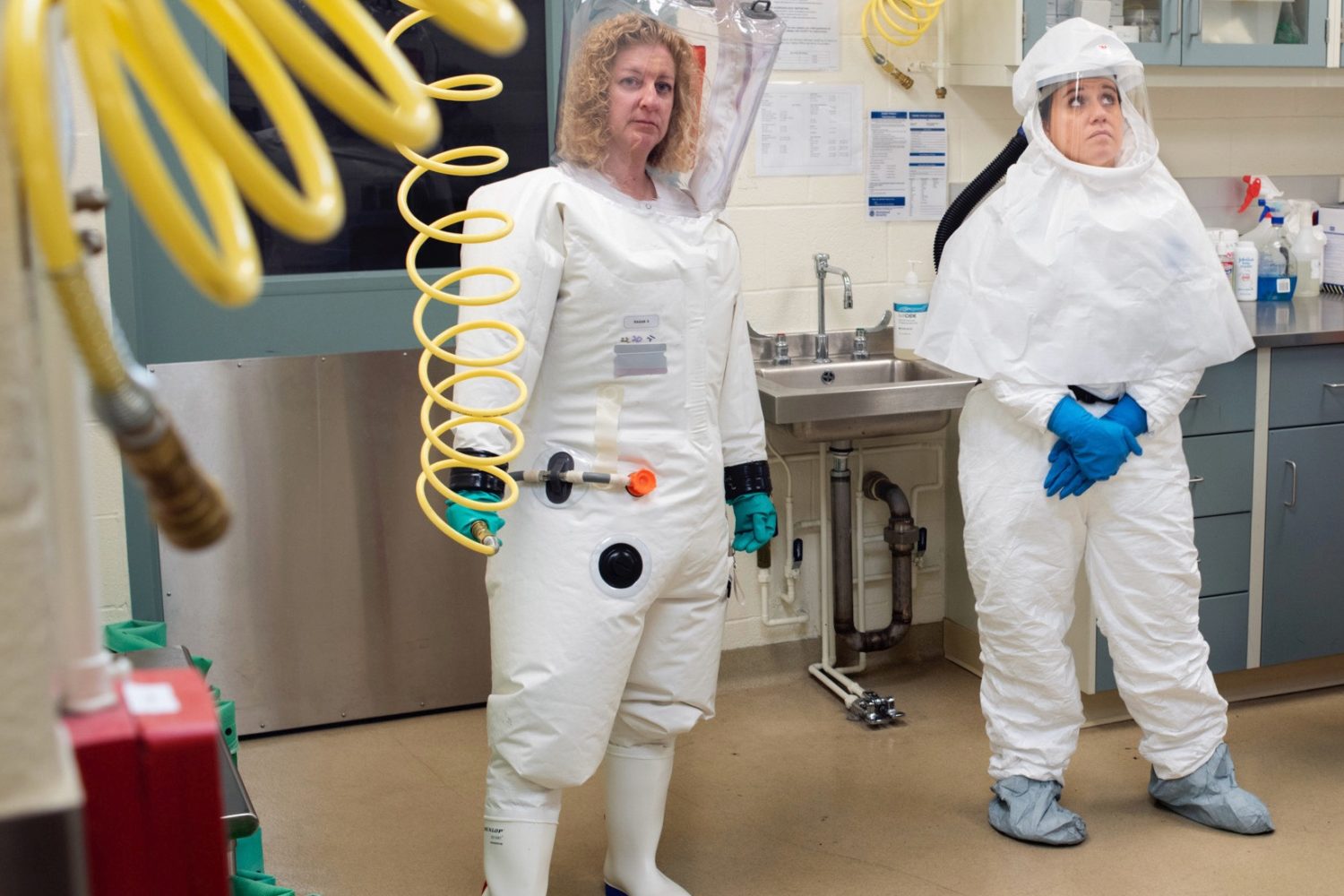About Coronavirus 2020
Washingtonian is keeping you up to date on the coronavirus around DC.
Anna Massoglia is a writer and researcher at the Center for Responsive Politics who specializes in nonprofits and foreign political influence in Washington.
First, can you describe how concerned you are about coronavirus?
Sincerely. The potentially devastating threat to public health posed by coronavirus is a serious concern, as are the many ramifications of the pandemic still being realized. I’m concerned about workers whose jobs or businesses have been disrupted, students facing housing and food insecurity, the mental health of people struggling to cope with social isolation, the long-term consequences of policy changes adopted in response to the pandemic…the list goes on.
When and how did you first become convinced this was something that was going to require you to alter your daily routine?
Shortly after returning from speaking at a conference in New Orleans the first weekend in March, I received notification that someone attending tested presumptively positive for coronavirus. Although I didn’t have any direct exposure, I ended up working from home and self-quarantining for the following 14 days as a precaution. That was when the scope of the pandemic really hit me.
Can you walk me through your current daily routine, taking care to note the specific ways that you’ve changed your routine as a precaution against coronavirus?
My workday schedule has not changed much beyond the location since I am fortunate and grateful to have a job that allows me to work remotely. I’m of the opinion that the proliferation of misinformation and other issues exacerbated by the coronavirus pandemic have made transparency all the more important, so I am glad the Center for Responsive Politics has safeguards in place that enable us to continue working. During the last two weeks of self-quarantine and working from home, the only in-person interactions I have had outside of my fiancé are making essential purchases, which I have tried to keep at a minimum.
Since working from home has afforded me the excuse and opportunity to cook more, I have made a point to eat more balanced meals and snacks in the hopes of keeping my immune system as strong as possible. Being home in time for dinner has given me more motivation to strive towards work-life balance. This has meant at least making a more concerted effort to set time aside where I am not just physically present at home but also giving my full attention to loved ones and activities outside of work in the evenings.
What do you like best about your new routine?
Our dog, Lou, being with me during the day is probably my favorite part of working from home. I admittedly enjoy remote work and find myself much more productive when I can focus without excess noise or distractions, though I wish it was due to better circumstances. I am at my most productive sitting in the sun with a puppy sleeping in my lap.
What do you miss most about your old routine?
I miss my colleagues and the ability to brainstorm with them in-person. On the flipside, I also miss some of the peace and focus working late at a quiet office afforded me.
What advice would you give to someone else who is accustomed to working in an office but now has to work from home?
Get outside as much as possible (while practicing social-distancing). Walking to the office most days was the perfect way to clear my head and put me in the right mindset for the day. Missing those walks and being outside generally has led me to start carving out time to wander during my lunch breaks.
I’ve had a decent amount of experience working remotely at various points in my career so that aspect of the pandemic has been less of an adjustment for me than for many others I’ve spoken with. It might not be for everyone but creating schedules or to-do lists helps me pace myself and keep on track while balancing multiple projects rather than bouncing between tasks without actually completing any of them.
Self-awareness and constructive communication are also invaluable, especially since different people have different needs when it comes to responding to the pandemic or just tackling their workday. Many people I know have struggled to adjust with staying in due to a lack of human contact but, to be perfectly honest, I’ve had the opposite issue. For someone who is about as introverted as they come and is hypersensitive to sounds, constant human contact in a confined space — even with your favorite person in the world — can still be draining. Making sure my loved ones are holding up ok and self-quarantining with my fiancé has complicated finding time to recharge, but trying to take the time you need is important and I am blessed to be surrounded by such understanding people.
What scares you most about the pandemic?
Since older adults are at greater risk of serious illness due to coronavirus, I am especially worried about my parents.
What’s the most heartening thing that you’ve witnessed over the past week?
Business leaders protecting the health of their employees while stepping up with innovative ways to combat shortages, ensure access to necessary services, and help those in need during the pandemic. My favorite recent examples of this innovation is local distilleries like Cotton & Reed making hand sanitizer.
What’s a book, movie, or pastime that you’ve rediscovered over the past week?
Self-quarantining has given me a chance to check out TV shows that I’ve wanted to check out for a while but am only now finding time for, most recently Boss. I’m also excited for the new season of WestWorld.



![Luke 008[2]-1 - Washingtonian](https://www.washingtonian.com/wp-content/uploads/2017/10/Luke-0082-1-e1509126354184.jpg)

















